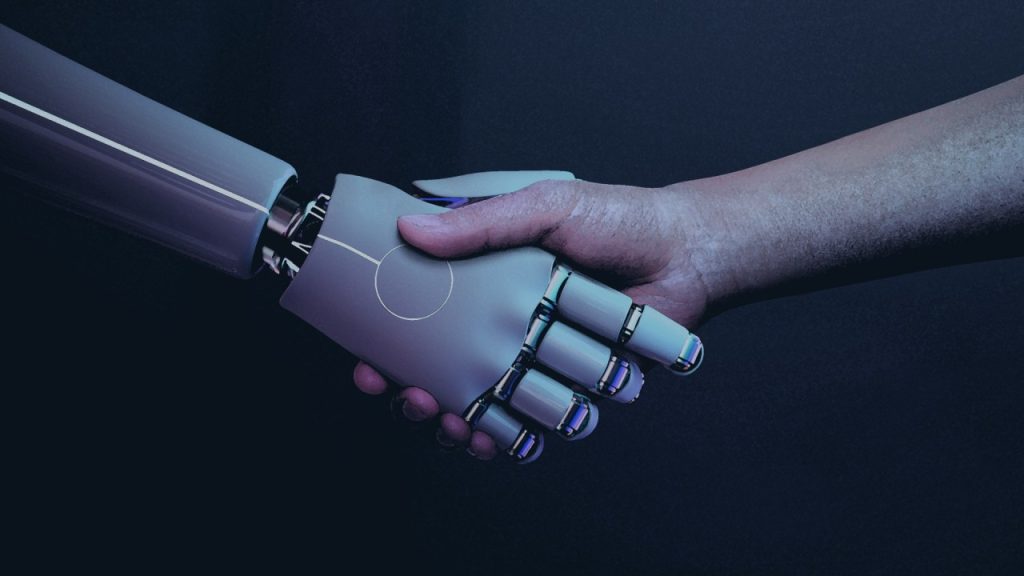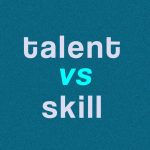The Impact of AI in Learning & Development in 2025

Artificial Intelligence (AI) is no longer a futuristic concept—it is here, evolving, and reshaping industries at an unprecedented pace. From automation to personalization, AI has become an integral part of how businesses operate, and its role in Learning & Development (L&D) is no exception. As organizations strive to upskill their workforce and bridge skill gaps, AI is proving to be a game-changer in corporate training.
The AI Boom: Key Industry Insights
To understand the impact AI is having, consider these statistics:
- A McKinsey survey revealed that nearly 50% of organizations have already adopted AI-backed functions or machine learning systems.
- A PWC report predicts AI-driven activities will contribute to a 14% increase in global GDP (approximately $15.7 trillion) by 2030.
- Statista reports that 84% of enterprises are investing in AI due to its continuous innovation.
- Another Statista study estimates the AI technologies market, valued at $200 billion in 2023, will surpass $1.8 trillion by 2030.
- Gartner forecasts that by 2025, over 75% of venture and capital investors will be using AI-driven data analytics tools.
With AI rapidly transforming industries, it’s no surprise that businesses are leveraging it to enhance employee learning experiences. AI-driven L&D solutions offer personalized, data-driven insights that make training more effective and engaging.
How AI is Transforming Learning & Development
1. Identifying Learning Gaps & Personalized Training
One of AI’s greatest advantages in L&D is its ability to analyze vast amounts of data to identify knowledge gaps in employees. Unlike traditional training programs, which take a one-size-fits-all approach, AI customizes learning paths based on individual needs.
By analyzing industry trends and job market demands, AI-driven learning platforms ensure employees are trained in relevant, in-demand skills—keeping them engaged and productive. This also leads to cost-effective corporate training, as organizations focus on upskilling employees in areas where improvement is needed, rather than redundant training.
2. Adapting to Individual Learning Styles
Not all employees learn the same way. AI-powered L&D tools personalize training to accommodate different learning preferences—whether through videos, interactive simulations, or gamified experiences. This adaptive learning approach not only enhances engagement but also improves knowledge retention.
- AI can gamify training, introducing badges, leaderboards, and interactive challenges to boost motivation.
- AI-driven language learning platforms offer personalized tutoring and pronunciation correction.
- AI-integrated VR and AR simulations provide immersive training experiences for hands-on skill development.
By leveraging these tools, companies create on-demand, flexible learning programs that fit into employees’ schedules while allowing management to track their progress.
3. Increasing Engagement & Knowledge Retention
Despite companies investing millions in corporate training, only 15% of employees complete L&D programs (MAISE Center study). AI combats this by:
- Automating learning processes to ensure continuous skill reinforcement.
- Using generative AI to create personalized training content based on real-time performance data.
- Leveraging AI-powered video production and editing tools to streamline high-quality, interactive educational content.
This personalized approach boosts completion rates, knowledge retention, and overall engagement, ensuring employees stay motivated and continuously upskill.
4. AI-Powered Instant Support & Feedback
AI enhances the L&D experience by providing real-time assistance and immediate feedback:
- AI-driven chatbots offer 24/7 support, answering employee queries instantly without needing a human trainer.
- AI-powered assessment tools analyze test scores, evaluate performance, and provide instant, detailed feedback, eliminating human error.
- Conversational AI ensures employees stay engaged in their learning journey by addressing questions in real-time, reducing frustration and dropout rates.
5. AI for Continuous Learning & Development
With the rapid pace of industry evolution, learning never stops. AI ensures training programs remain dynamic and responsive to emerging skill demands:
- AI identifies new trends in the job market and adjusts training programs accordingly.
- It predicts future skill requirements, helping businesses stay ahead of industry shifts.
- AI-powered microlearning platforms deliver bite-sized training modules, enabling continuous learning without overwhelming employees.
Final Thoughts
AI in Learning & Development is revolutionizing corporate training, making it more personalized, efficient, and data-driven. Organizations that embrace AI-powered L&D solutions will not only enhance employee skills but also drive business growth and innovation.
As AI continues to advance, its integration into workforce training will bridge skill gaps, boost employee retention, and create a culture of continuous learning. The future of corporate training is AI-driven—are you ready to embrace it?




















